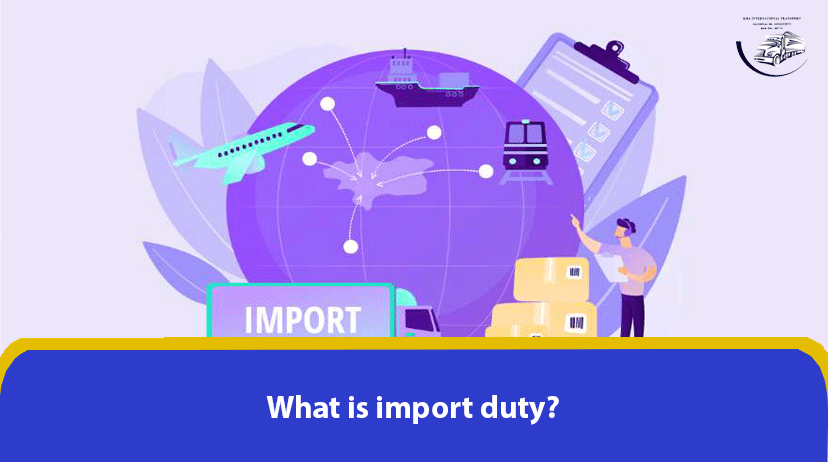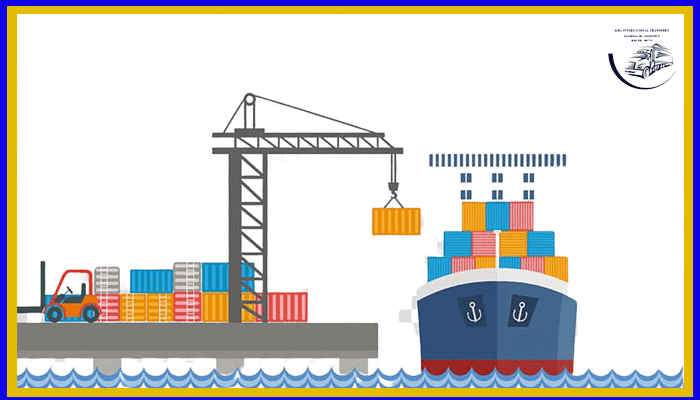Welcome to the keyhanmasirasia Site.

If you are a small business owner, shipping internationally is a lucrative strategy to expand your customer base and increase revenue. Yet, there are some challenges, namely navigating the tax and duties regulations of each country. Failing to adhere to them could cause your shipment to be held up at customs or earn you hefty fines.
Import duty: is a type of tax levied by governments on goods brought into a country from abroad. This tax is applied to the customs value of the goods and can vary widely based on the type of product, its origin, and how it is classified under the country’s trade regulations.
The aim of import duties is to raise income for local governments – but also to increase the end price of the goods for consumers, thus encouraging them to buy from the domestic market, which is not subject to this tax. Common examples of import duties are trade tariffs and excise duties.
Let’s break down what you need to know to ensure your shipments always reach cross-border customers on time.
Import tax is a flat tax rate charged by customs on imports. In many cases, the tax is equal to the local sales tax. Even when the goods have been purchased abroad, this consumption tax will still apply when they enter a different country. Examples include sales tax and value-added tax (VAT).
The purpose of import taxes is to generate revenue for the government, protect domestic industries from foreign competition, and regulate the volume of trade. The tax amount can vary based on factors such as the type of product, its value, and the country of origin. Import taxes are typically paid at customs when goods arrive in the importing country.
1. Protect Domestic Industries: Import duties can help protect local businesses from foreign competition by increasing the cost of imported goods.
2. Revenue Generation: It serves as a source of revenue for governments.
3. Trade Regulation: Duties can help regulate the balance of trade and control the flow of goods.

Duties and taxes will impact the total cost of your shipment, so it’s important you are aware of them early on. You can then factor them into your pricing strategy to ensure your business remains profitable. Additionally, failing to manage duties and taxes properly could cause your shipment to be held up at customs – not to mention any fines you may have to pay.
How much is import tax?
Many countries have a minimum threshold of order value that goods have to meet before taxes and duties apply – this is called a de minimis.
The amount of tax and duties you’ll need to pay for a shipment are influenced by several factors, including:
Conclusion
Understanding import duty is crucial for anyone involved in international trade. By being aware of how customs duties work and their implications on overall costs, importers can effectively manage their supply chain and comply with legal requirements.